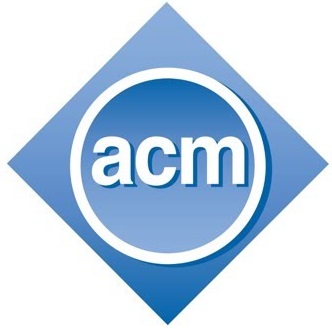Aims and Topics
The Objective of the Software Engineering (SE) Track is to provide an open forum for discussing a wide range of experiences and ideas for developing high-quality software applications more effectively and efficiently. The SE track examines both macroscopic and microscopic aspects of in-depth theories, tools, and practices in the field of software engineering. It provides a platform for academic researchers and industry practitioners to seek collaboration opportunities and identify the state-of-the-art technologies, which are vital to the software engineering community.
- Architecture, Framework, and Design Patterns
- Requirements Engineering
- Process, Standards, and Project Management
- Software Maintenance and Evolution
- Software Testing and Verification
- Mining Software Repositories
- Quality Assurance and Management
- Verification, Validation, Testing, and Analysis
- Safety, Security, Privacy, and Risk Management
- Dependability and Reliability
- Fault Tolerance and Availability
- Metrics and Measurement
- Formal Methods and Theories
- Aspect-Oriented Software Development and Design
- Component-Based Development and Reuse
- Empirical Studies, Benchmarking, and Industrial Best Practices
- Pervasive, Ubiquitous, Smart Service-Oriented Computing
- Search-based Software Engineering
- Applications and Tools
